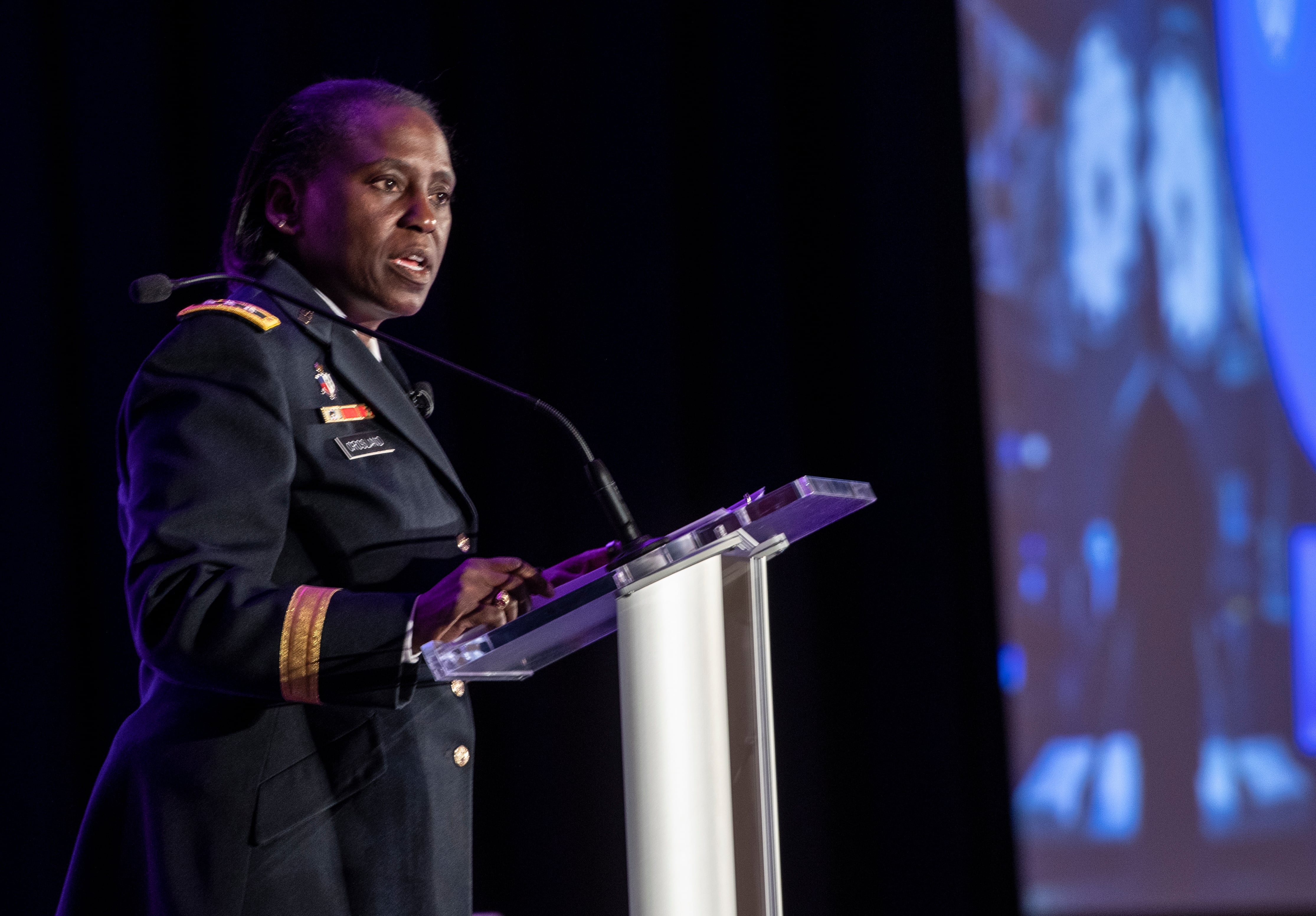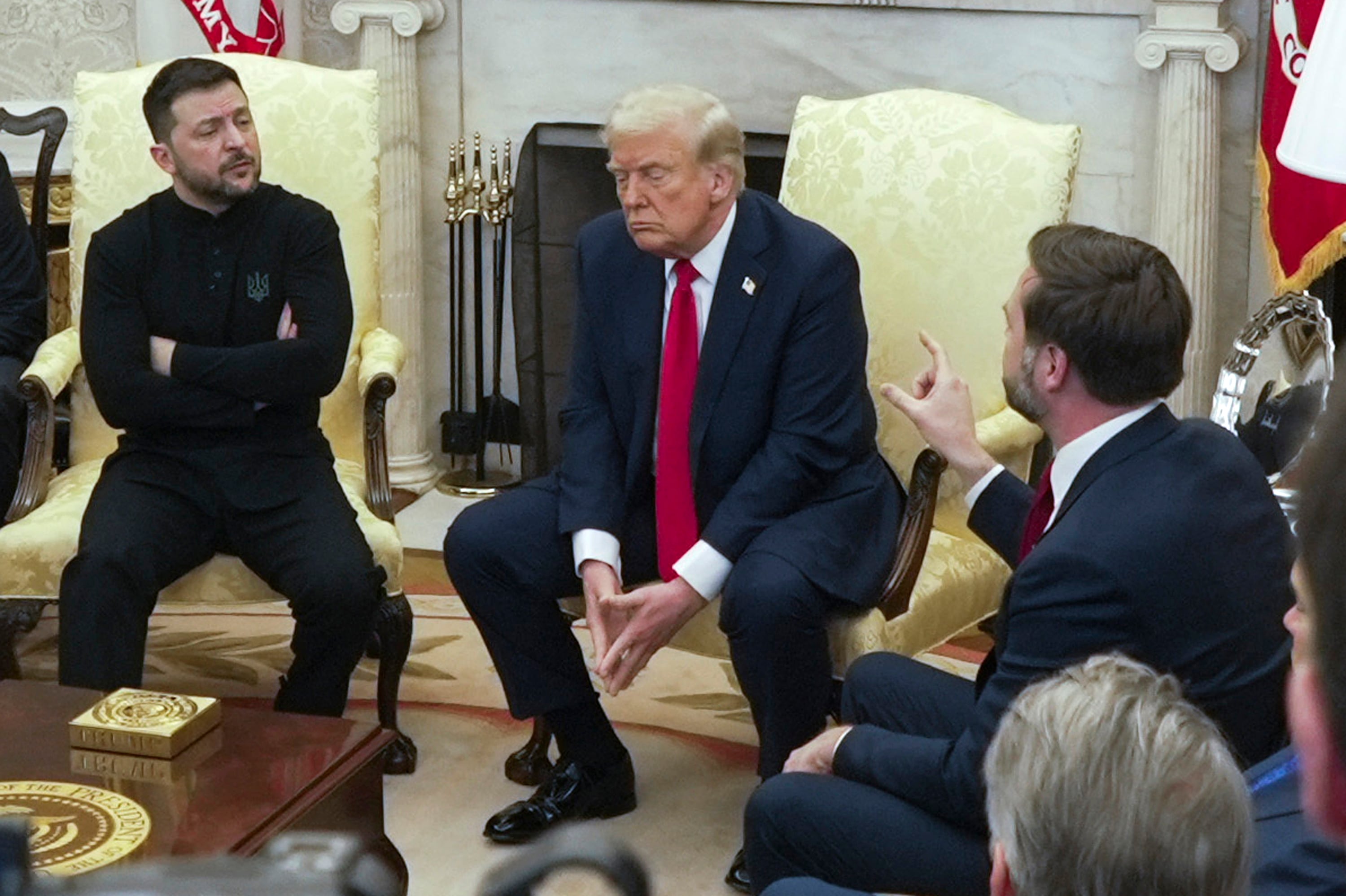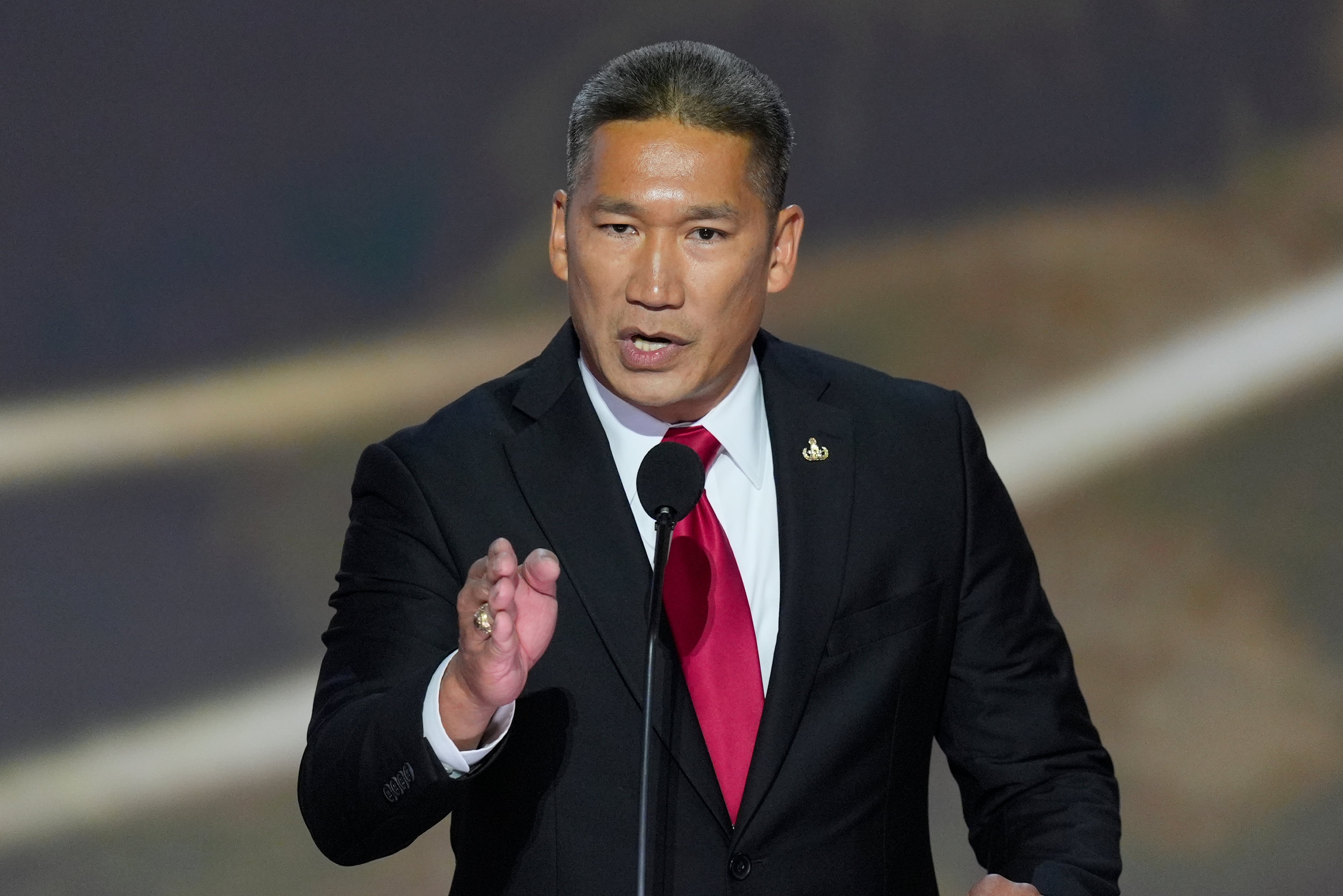Lt. Col. Brad Webb awoke in North Carolina on Sept. 11, 2001, to the news that the U.S. was under attack. Within hours, he and his special operations helicopter squadron were dispatched to New Jersey to await marching orders.
The answer: “Go help Americans,” he recalled in 2011.
So Webb — who retired as a lieutenant general last year — and his wingmen headed to the smoldering Pentagon and World Trade Center to help rescue their countrymen buried in the rubble, regulatory minutia and cautious planning be damned.
The actions of Webb’s team in the aftermath of the deadliest terror attack on U.S. soil exemplify the swift decision-making that Air Force leaders say will be key to combat victories in the years ahead.
New Air Force doctrine published Monday outlines a vision of decentralized mission command that empowers units to work unilaterally in urgent situations, without waiting for multiple levels of leadership to approve their every move.
It’s an invitation to think outside the box in an organization that thrives on hierarchy and process. And it’s a plea to stop the perfect from being the enemy of the good.
“Throughout my career, I’ve witnessed the friction between bold leadership … and the guidance our Air Force has outlined in our instructions and regulations,” Air Force Chief of Staff Gen. CQ Brown said in a memo to the force on Wednesday. “Mission command — and our success in future crisis or conflict — is grounded in clear communication of intent, shared understanding, trust and empowerment.”
In the future, military officials believe wars will unfold faster than the chain of command may be able to keep up.
Airmen could be cut off from their commanders due to technical difficulties or combat losses, or lack the resources they’d typically have to do a job. Regulations might not directly tell them how to handle an urgent conundrum in the field.
And despite the service’s push for so-called “multi-capable airmen” and “agile combat employment,” that flexibility can come to a halt when people can’t move cargo without a particular inspection, or if they aren’t authorized to work on a certain piece of equipment.
That puts pressure on lower-ranking troops to assess and respond to situations without as much oversight or direction as they might like.
Brown encouraged troops to trust their training and their fellow airmen. As long as troops understand their commander’s intent and keep leadership in the loop, he said, they should be allowed to accomplish the mission.
That work can start at home.
“The culture of mission command doesn’t happen just because it is written in our doctrine,” Brown wrote. “Building confidence in mission command, for both leaders and airmen, requires daily execution in simple scenarios ahead of a complex challenge in conflict.”
The Air Force warned airmen that the latest directive does not encourage them to be reckless.
“Mission command does not grant subordinates authority to execute missions or make decisions outside of their commander’s legal authorities,” the service said. Nor is it a “license to ignore commander’s intent or take unauthorized or unnecessary risk.”
The new doctrine and Brown’s accompanying memo come as service leaders try to distance the force from the past few decades of combat in the greater Middle East and prepare for new challenges. Reforming the Air Force’s rigid ways can also help it work more seamlessly with its international allies whose smaller size and lack of red tape often make them more flexible in the field.
It builds on earlier policy tweaks that allow commanders at lower echelons to make their own decisions on issues from parental leave to training regimens without deferring to higher headquarters.
In 2018, then-Secretary Heather Wilson announced the service would slash more than 200 regulations and nearly 5,000 compliance checklist items that were hindering the force. Brown’s own “Accelerate Change or Lose” framework advocates for new efficiencies as well.
At each turn, service leaders have echoed the same message.
“I trust your judgment as airmen and leaders to execute our mission,” Brown said.
Rachel Cohen is the editor of Air Force Times. She joined the publication as its senior reporter in March 2021. Her work has appeared in the Washington Post, the Frederick News-Post (Md.), Air and Space Forces Magazine, Inside Defense, Inside Health Policy and elsewhere.





